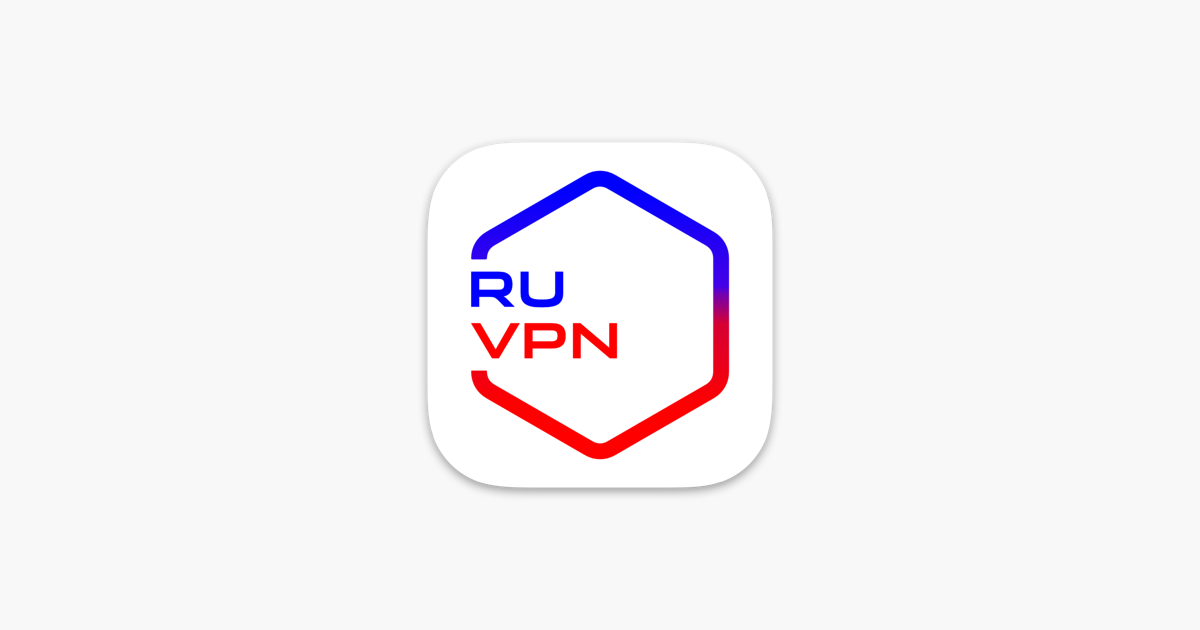Internet Service Providers Are Watching You. Especially If You're in the US or UK

In the era of digital technology and ubiquitous internet connectivity, we rarely consider who exactly has access to information about our online activities. Many users naively assume that their actions on the web remain private, but reality is far less rosy. Internet Service Providers (ISPs) not only provide you with internet access but also keep detailed records of your online life. And nowhere is this practice as widespread as in the United States and the United Kingdom.
What Exactly Do ISPs See?
When you connect to the internet through your provider, they become your gateway to the worldwide web. This means all your traffic passes through ISP servers, giving them the ability to:
- See which websites you visit
- Track how much time you spend on each resource
- Record the files you upload and download
- Monitor your search queries
- Collect metadata about your online communications
If a website doesn't use HTTPS encryption, your provider can even see the content of pages you view and data you submit through forms.
Legal Framework for Surveillance in the US
A landmark event occurred in the US in 2017 — Congress voted to repeal privacy rules that were developed during the Obama administration. These rules required internet service providers to obtain explicit consent from users before selling or transferring their personal data to third parties.
After the removal of these restrictions, American providers received virtually unlimited opportunities to collect, analyze, and monetize information about their customers. Now giants like Comcast, AT&T, and Verizon can legally:
- Create detailed user profiles based on their online habits
- Sell user information to advertisers
- Transfer data to government structures without a court order in certain cases
- Use deep packet inspection (DPI) technologies to analyze traffic
The Situation in the UK: "Investigatory Powers Act"
In the United Kingdom, the privacy situation is no better thanks to the "Investigatory Powers Act" passed in 2016, which critics have dubbed the "Snoopers' Charter." This act requires British internet service providers to:
- Store records of all user online activity for 12 months
- Provide this data to law enforcement agencies upon request, often without the need for a court order
- Implement technical means to intercept and decrypt traffic
In fact, this is one of the strictest internet monitoring laws among democratic countries, providing the government with an unprecedented level of access to citizens' digital lives.
How Your Data Is Used and Monetized
The information collected by internet service providers isn't just stored in databases — it's actively used to generate profit:
- Targeted advertising: Your browsing history helps create a psychographic portrait for displaying relevant advertisements.
- Selling data to brokers: De-identified datasets about user habits are sold to companies specializing in big data analytics.
- Price discrimination: Information about your online behavior can influence the prices shown to you in online stores.
- Scoring systems: Internet usage data can affect credit scoring and insurance risk assessments.
How to Protect Your Privacy from ISP Surveillance
Fortunately, there are ways to minimize the amount of information available to your internet service provider:
- Using a VPN: A Virtual Private Network encrypts all your traffic, making it unreadable to your provider.
- Tor Browser: For maximum anonymity, you can use the Tor browser, which routes traffic through multiple encryption nodes.
- Switching to HTTPS: Make sure that the sites you visit use the HTTPS protocol (although this protects only the content, not the fact of the visit).
- Encrypted DNS servers: Using DNS over HTTPS (DoH) or DNS over TLS (DoT) helps hide information about visited domains.
- Privacy signaling: Some browsers allow you to send "Do Not Track" signals (although compliance remains voluntary).
Conclusion
The reality is that in the US and UK, internet privacy has become a conditional concept. The legislation of both countries clearly favors corporate and government interests, leaving users with minimal protection for their digital lives.
If your privacy matters to you, using technical means of protection such as VPNs becomes not a luxury but a necessity. In a world where every click is recorded and analyzed, only active self-protection measures can provide some level of confidentiality online.
Remember: in the digital world, if you're not paying for the product, you are likely the product yourself — and your internet service providers in the US and UK understand this perfectly.





